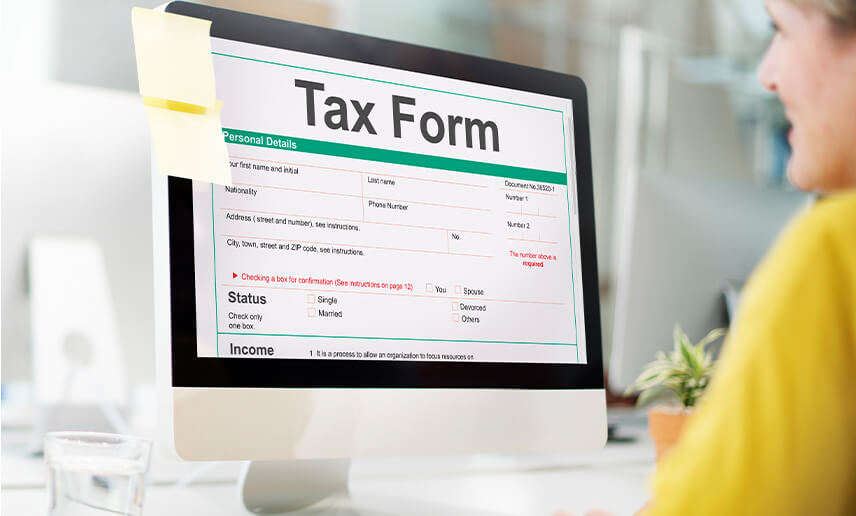Does Paying My Taxes Late Affect My Credit?


Filing your taxes each year can seem like a jump into the unknown. If you are lucky, you get some money back from the Internal Revenue Service (IRS). If you are unlucky, you owe them even more than you have already given that taxable year. For millions of Americans each year, this amount owed is simply too great to hand over upfront, and they must use an installment plan approved by the IRS to pay off the tax debt over time.
While an installment plan to pay off taxes is beneficial to people in a financial crunch, the fear of it affecting their credit score is not uncommon. Thankfully, there are federal laws in place that stop agents from distributing taxpayer information, such as whether or not they are using an installment plan, to unofficial third parties. This means that credit bureaus that track, record, and control credit scores should have no reason to know or believe that you are using an installment plan. In layman’s terms, your credit score will not be affected by this decision.
In fact, using an installment plan can be a saving grace for your credit score. If you do not use one, accrue tax liens in excess of $10,000 from the IRS, and they claim your property later for not paying your taxes, the credit bureaus will get word of this through court records, which are available to the public. When they see a tax lien, whether it has been acted upon or not, credit scores can take a 100 point hit (on average).
So if you are short on finances but the IRS wants more money when you file your taxes, setting up an installment plan could be your best option to protect your credit score. If you need legal help when it comes to financial troubles, or if you are considering bankruptcy, you can contact The Pritchard Law Firm at . Our Fort Worth bankruptcy attorneys can provide you with sound legal guidance on how to find financial relief without damaging your credit score.
Categories: Credit ScoreDebtIncome Taxes


